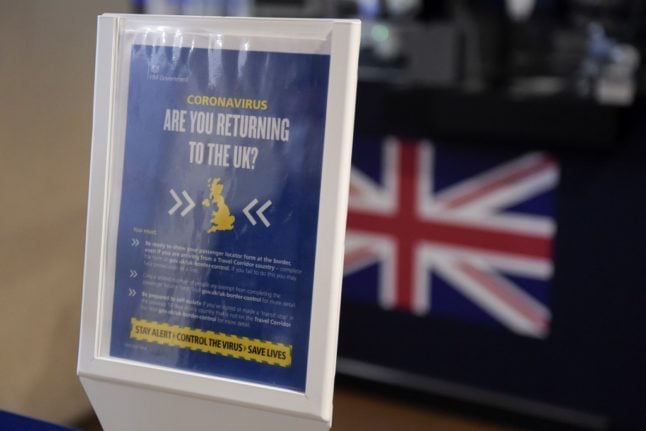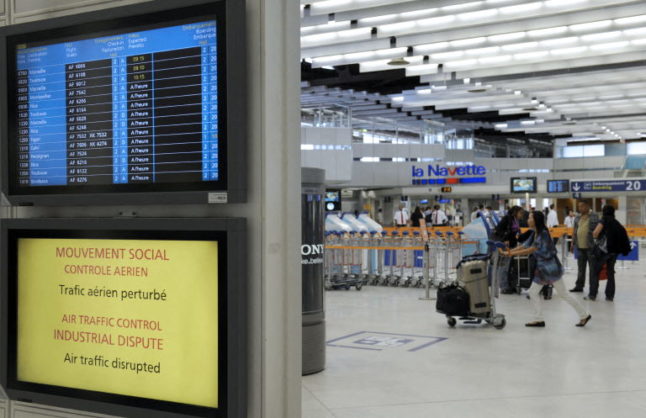Question: We travelled to our second home in France over Christmas and have been here ever since. It’s quiet and remote and we feel it’s the best place to be during the pandemic and we have been very careful with social contact. We have heard we might need to leave now though, is that right? And are there no exceptions due to the health situation?
Pre-Brexit, British people with a second home in France could come and go as they pleased and had no need to keep count of how long they were in France. However with the end of the Brexit transition period on January 1st comes limitations on periods of stay.
These don’t apply to everyone, however.
If you are a permanent resident of France you don’t need to leave but you do need to apply for residency if you haven’t already – find out how here.
If you have a visa you are covered by the duration of your visa.
If you are a dual national and also have the passport of an EU country you can continue to enjoy unlimited stays.
If none of those apply to you, however, you may have to leave.
This is because of the 90-day rule that, since January 1st 2021, has applied to Brits in the same way that it already applied to other non-EU nationals such as Americans and Canadians.
You can find a full explanation of the rule HERE, but essentially Brits can only spend 90 days out of every 180 in the EU or Schengen zone. The day days may be spent as one long trip or several short ones, but in total you cannot exceed 90 days in every 180.
So if you’ve been in France since January 1st you are coming to the end of your 90-day allocation and must leave by March 31st at the latest. If you arrived after January 1st you may stay until 90 days after your arrival date.
The 90-day rule covers the whole of the EU and Schengen zone so you must leave the Bloc altogether and go to a non-EU country, such as the UK.
Travel from France to the UK is currently allowed – although you will need Covid tests and to quarantine when you get there.
READ ALSO Everything you need to know about travel between France and the UK
There is no extension to the 90-day rule because of the health situation, but you may be able to challenge any penalties for over-staying if you can prove that you were sick with Covid when your 90 days expired and where therefore unable to travel.
Penalties for over-staying range from fines to deportation – find out more HERE.
Family members
If you have a spouse or registered partner who is an EU citizen then you are entitled to apply for a spouse visa, but you still need to go through the visa process, you cannot simply stay on with no paperwork. You can find more about French visas HERE, but all visa applications must be made from the applicant’s home country so you will have to go home to make the application.
If you have family members who are residents – for example you are the adult child of British parents who live full-time in France and have a residency card – you may be entitled to apply for a visa or residency status as a family member but again, you cannot simply stay with no paperwork.



 Please whitelist us to continue reading.
Please whitelist us to continue reading.
Member comments